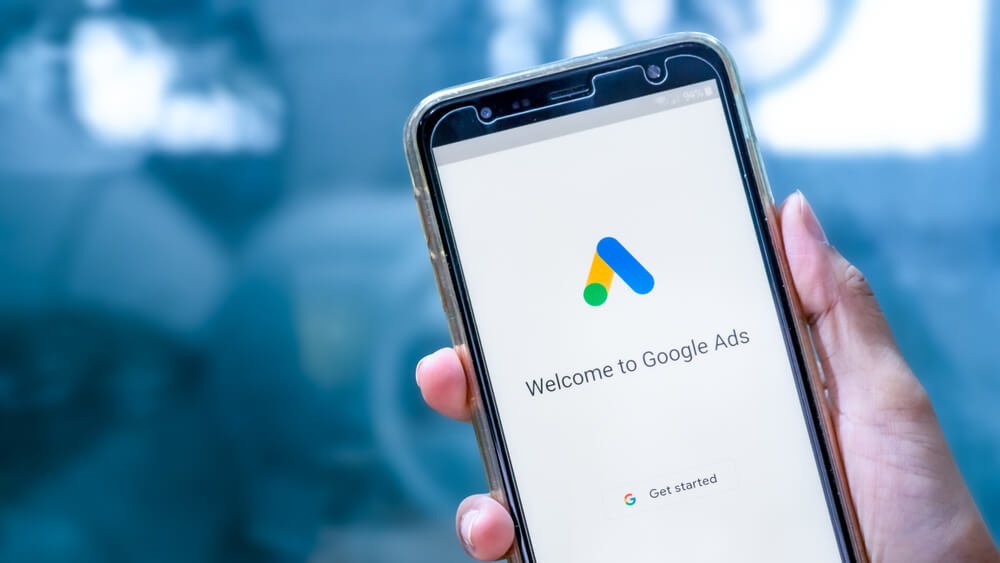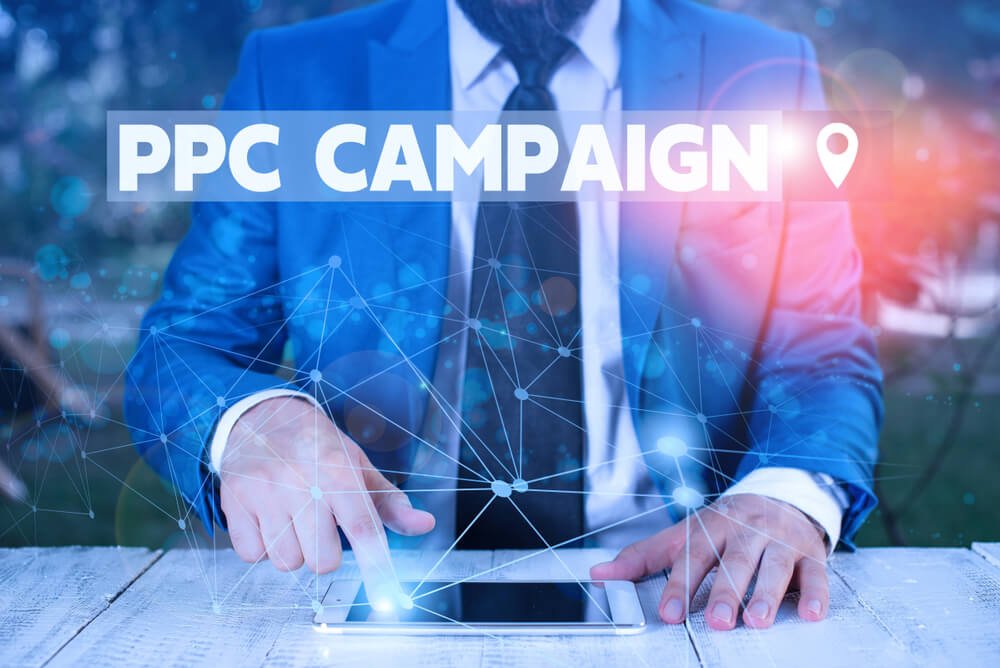For PPC advertisers, 2020 is going to be a pivotal year. Technology will be driving all the key PPC trends at the start of the decade and advertisers are going to react to this in one of two ways.
Some are going to sit back and wait for the technology to progress. Others will take the tech available to them right now, grab it by the horns and use it to drive innovation on their own terms. These are the advertisers who will be setting PPC trends in 2020 and beyond, while the rest play catch-up.
Here’s what matters most for the year ahead:
Taking control of PPC automation
Marketing automation has progressed a lot in recent years and we can now rely on software to handle a wide range of repetitive tasks. This isn’t specific to PPC but paid advertising arguably has the most to gain from automation due to the time-consuming nature of managing and optimising campaigns.
Google Ads has introduced a string of automated features recently, including smart campaigns, smart shopping campaigns, Dynamic Search Ads and a growing list of automated bidding strategies.
Google Ads has even been pushing advertisers to let it manage campaigns for them.
Advertisers need to decide how much they’re going to allow tech giants to automate their strategies. Keep in mind that Google’s priority is to maximise clicks, which is at odds with the aim of most advertisers. Thankfully, you don’t need to give PPC platforms a free license to manage your strategy. You can create your own automated workflows to optimise bids, budgets, marketing lists and a range of other key PPC performance tasks.
PPC automation doesn’t necessarily mean surrendering control; 2020 is the year advertisers can take it back.
Artificial intelligence & machine learning become accessible
For the average business or advertiser, matching Google’s data-driven ability to automate might sound crazy. And, until recently, it would have been. However, artificial intelligence and machine learning are now accessible to everyone, which means advertisers can build their own algorithms to automate highly specific tasks on their own terms.
Instead of relying on generic automations, built for the masses by the likes of Google, it’s never been easier to address the specific needs of your own advertising goals.
Are your sales affected by weather patterns? Then, you can automate bids to match the weather conditions in each of your target locations, all in real-time. Are your remarketing campaigns failing to engage with B2B leads over weekends when their mind isn’t on work? Then, automate a delay on remarketing campaigns triggered by site visits on Fridays and public holidays.
Rising CPCs in Google Ads
The unwelcome PPC trend for 2020 will be rising CPCs and this will be most evident on Google Search. With the SERPs becoming increasingly competitive and organic results falling further down the page, brands with big budgets will simply increase ad spend and this drives up the cost for everyone.
Hello, higher CPCs.
More budget-conscious advertisers will need to spot new opportunities outside of simply increasing ad spend. This may involve analysing SERPs in real-time to find missed organic spaces, ploughing through campaign data to lost leads or using third-party data and AI to create predictive analytics models that can deliver more relevant messages.
Either way, the answer is going to lie in data science and technologies like AI and machine learning.

Rethinking your PPC platforms of choice
Moving away from the algorithmic side of technology, advertisers will also need to rethink their PPC platforms of choice in 2020. The obvious option for retailers is Amazon Ads, which offers a powerful addition (or alternative) to Google Shopping campaigns.
For local businesses, Google is also providing a new channel aimed at smaller businesses. Waze Local allows businesses to target drivers as they’re travelling through their immediate location — ideal for people on the move who need to teak a break from driving and make spontaneous purchases on the way home.
Quora Ads is making big progress in a number of areas, too — especially in the B2B, software and consumer electronics niches. Meanwhile, the big rising star of 2019 has been Chinese social media platform TikTok, which has just embarked on its own advertising adventure that could give the likes of Facebook and Instagram a lot to think about — one to watch for 2020.
Meanwhile, Facebook’s reduction in News Feed ads will likely push more consumer brands over to Instagram and B2B advertisers in search of other options.
SOURCE: The Drum










